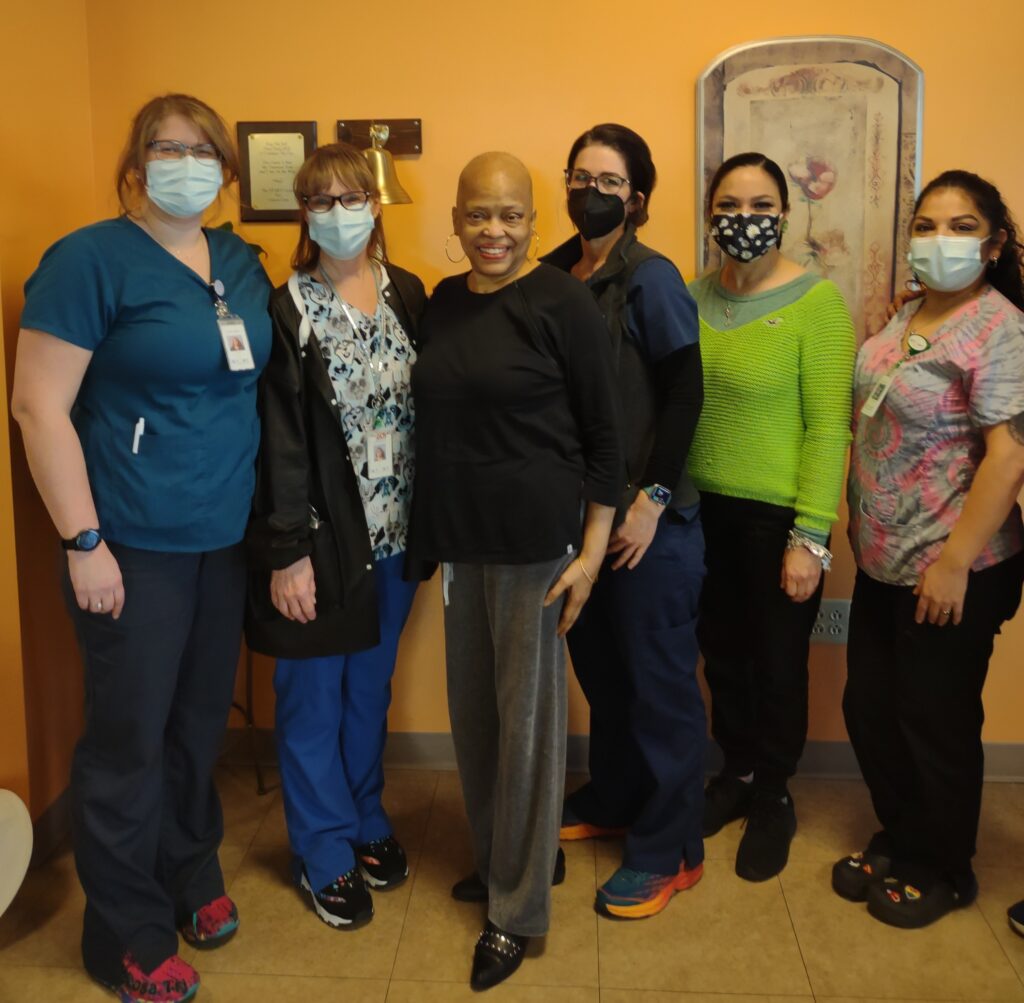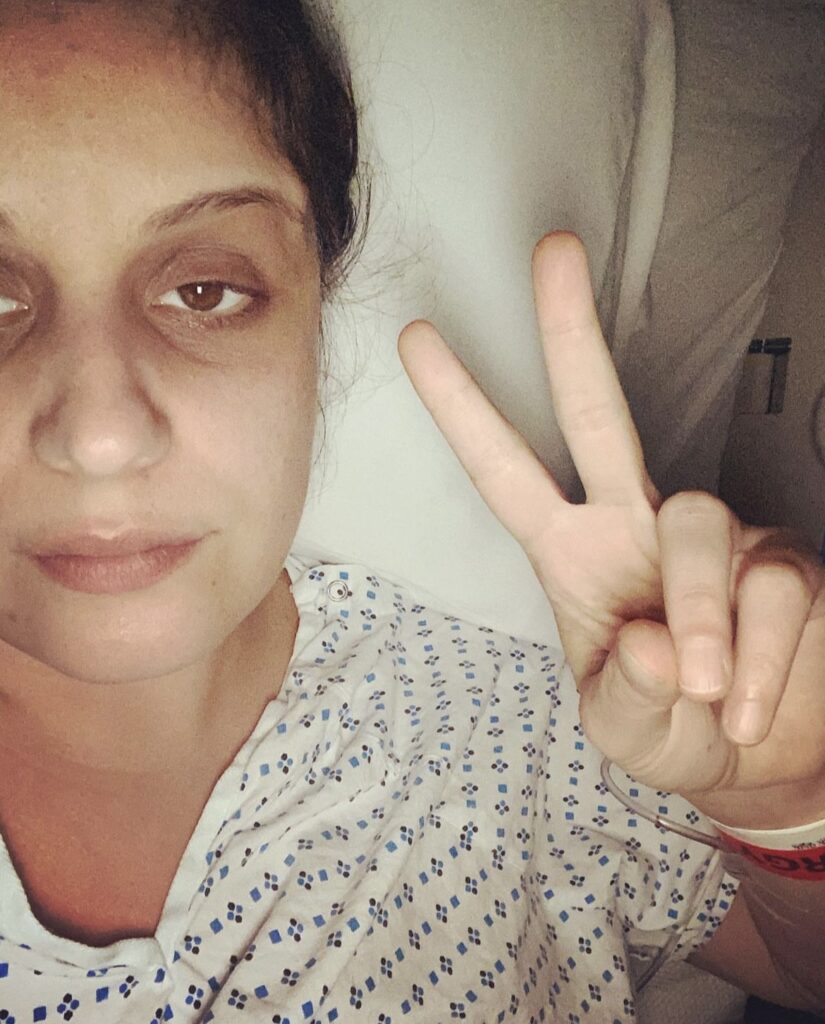At Cervivor, we believe that advocacy is a crucial step towards creating change and improving the lives of those affected by cervical cancer. Our community members are empowered to make a difference through various advocacy levels, from individual to policy-level efforts. In this blog post, we’ll highlight examples of how Cervivor has participated in different types of advocacy.
Individual or Self Advocacy
- Sharing personal stories and experiences to raise awareness about cervical cancer and its impact.


- Encouraging friends and family to get screened for cancer and vaccinated against HPV.
- Educating those impacted by cervical cancer to:
- Seek a second opinion when needed.
- To be aware of and engage in shared decision-making with their healthcare providers to ensure informed and empowered medical choices.
Organizational and Community Advocacy
- Partnering with cancer and health-mission organizations to amplify our message and expand our reach.
- Collaborating with healthcare providers to improve access to cervical cancer screening, vaccination, treatment, and survivorship phases throughout the continuum of care.


- Organizing local events and fundraisers to support cervical cancer awareness.
- Building relationships with community leaders to promote education and screening initiatives like our Black Cervix Chat and #Screen4Me.
Policy and Legislative Advocacy
- Supporting legislation that funds research and education initiatives related to cervical cancer.
- Creating awareness through city and state awareness proclamations.


- Advocating for policies that increase access to cervical cancer screening and HPV vaccination like Representative Kathy Castor’s “PREVENT HPV Cancers Act” in 2021 and again with its expansion in 2023.
- Leading the discussion at the Biden Cancer Moonshot White House Cervical Cancer Forum during Cervical Cancer Awareness Month (and beyond) to:
- Raise awareness about the importance of education, prevention, early detection, and treatment.
- Spur action among policymakers, healthcare providers, and the general public to prioritize cervical cancer prevention and care.
Support Advocacy
- Providing emotional support and resources to those affected by cervical cancer through crucial programming like Creating Connections, Café con Leche (both found on our events page here), and our Comfort Care and Compassion Program.


- Creating a safe and supportive community for individuals to share their experiences and connect with others through various intersectionalities.
Through these various levels of advocacy, Cervivor is making a tangible impact in the mission to end cervical cancer. By empowering our community members to take action, we are creating a ripple effect of change that will ultimately lead to a future where cervical cancer is a thing of the past. Won’t you join us in our mission to make a difference?

